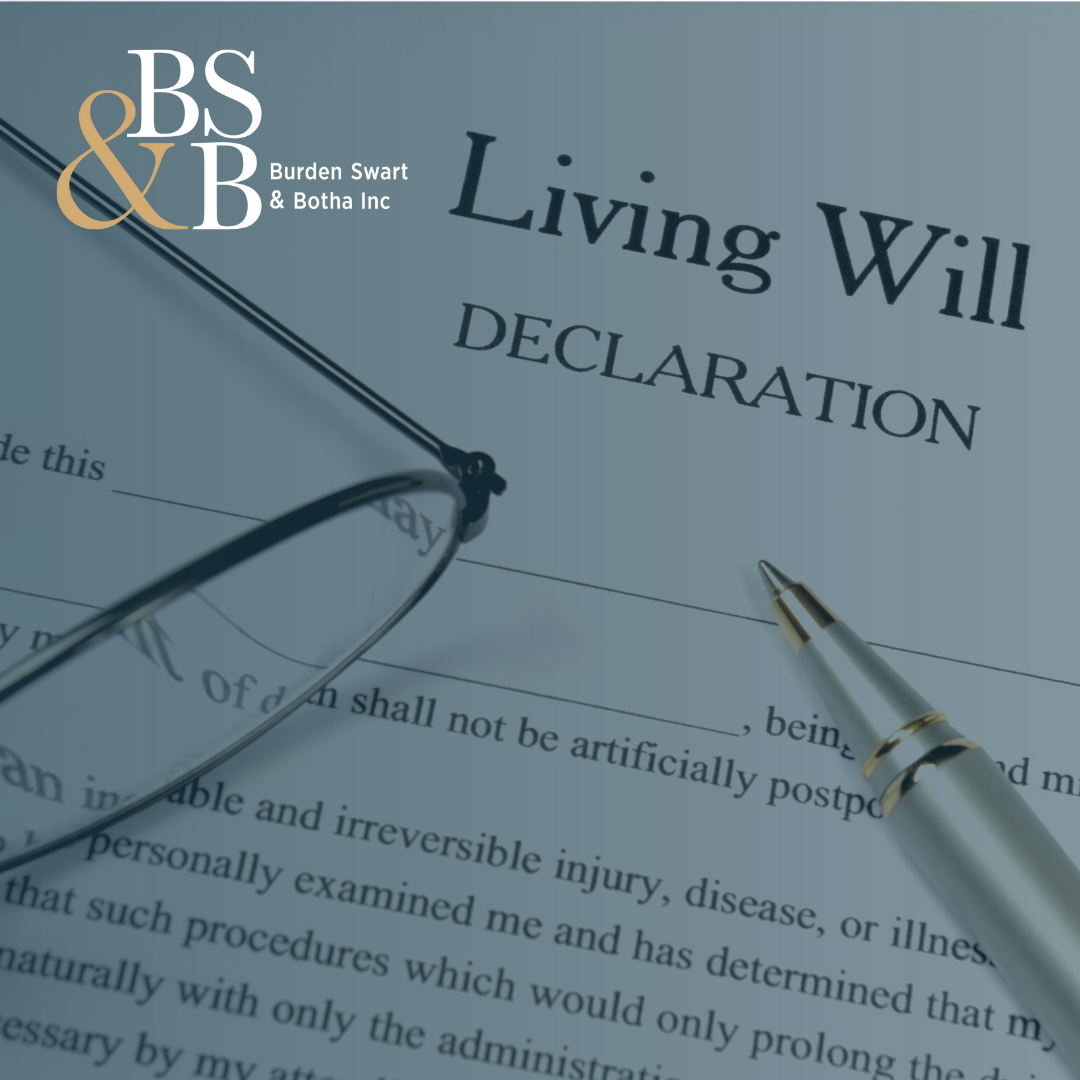As medical science advances and we gain more control over our health, more people are taking steps to ensure their wishes are respected if they can no longer speak for themselves. One of the most important tools in this case is a living will. But what exactly is it? And how can you make sure yours will, actually, be followed?
What Is a Living Will?
A living will – also known as an advance directive – is a document where you spell out the kind of medical treatment you do or don’t want if you’re ever seriously ill or injured and unable to communicate.
It’s not about choosing someone to make decisions for you (that’s called a medical power of attorney); it’s about your instructions being clear in situations like:
- Being in a coma with no chance of recovery.
- Having a terminal illness where further treatment would only prolong suffering.
- Being on life support with no reasonable hope of regaining consciousness.
Typical instructions in a living will might include:
Why Do You Need One?
A living will gives you peace of mind—and it helps your family and doctors make difficult choices with confidence, knowing they’re doing what you would have wanted. It also avoids unnecessary suffering and potentially expensive or invasive treatments you wouldn’t have agreed to.
Are Living Wills Legally Recognised in South Africa?
Here’s where it gets tricky. In South Africa, living wills are not yet specifically recognised by legislation, which means their legal status is uncertain. However, they’re not illegal either.
Doctors and hospitals may follow a living will if it clearly reflects your wishes, especially when:
- You were mentally sound when you signed it.
- It applies to your current medical condition.
- There’s no pressure or evidence of coercion.
Although not formally binding, South African courts generally support a patient’s right to refuse treatment – even if that decision leads to death – under the constitutional right to dignity and bodily integrity.
What Makes a Living Will Valid?
Even without formal laws, there are some important steps you should take to make sure your living will is respected:
Avoid vague terms. Instead of saying “no extreme measures,” say exactly what treatments you refuse—like “no CPR” or “no dialysis.”
Oral instructions are much harder to prove. A written document makes things crystal clear.
You must be of sound mind when signing your living will—no pressure, no confusion, no manipulation.
Include the date you signed the document. It should also be signed by at least two witnesses who aren’t your heirs or involved in your medical care.
Give copies to your doctor, your family, and anyone who might be called on to make decisions. If you have a lawyer, they should keep a copy too.
Bonus Tip: Consider Adding a Medical Power of Attorney
A living will explains what you want – but if things get complicated, having someone you trust to speak on your behalf can really help. This person is called your medical proxy or healthcare power of attorney. They work with your living will, not instead of it.
In Summary
A living will gives you control over your medical care—even when you can’t speak for yourself. It helps your loved ones and medical team do what’s best for you, based on your values.
While not yet fully backed by South African legislation, living wills are still widely accepted as powerful expressions of your wishes. If yours is clear, current, and made while you were mentally sound, there’s a good chance it will be respected.
Call Burden Swart & Botha Attorneys today to assist you with your Living Will.


